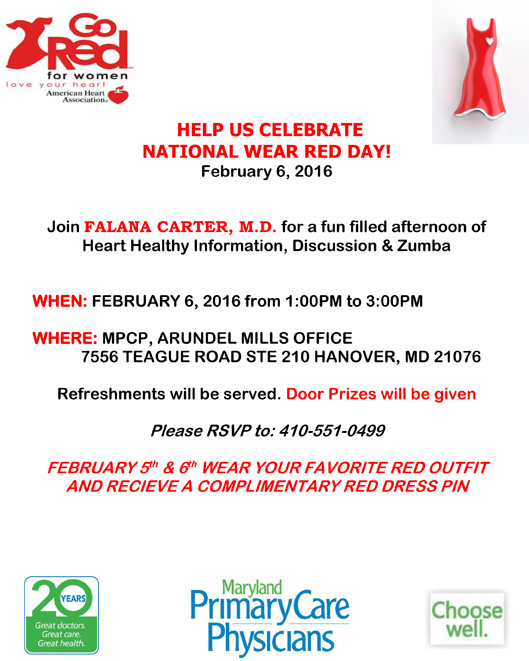By: FALANA CARTER, M.D., CO-MEDICAL DIRECTOR
August 2023
Three years after the start of the COVID-19 pandemic, daily information about the disease has receded from public view. Infection rates and deaths are down, emergency measures have ended, and people’s lives have returned to some level of normalcy.
Does that mean COVID-19 is gone?
No, daily infections still occur but the disease has changed since 2020. Mutations of the virus combined with effective vaccinations and natural immunity have reduced the illness burden and death rates.
Like many viruses, COVID-19 continues to mutate and create new strains. In the future, emerging strains could remain relatively mild or cause a serious illness. Currently, the medical community is tracking the variances and learning more about the complexity of the virus, but no clear end of infections is known.
COVID-19 has changed from a pandemic that spreads quickly and endangers large populations in a country or the world to an endemic condition. This means COVID continues to circulate within an area or community. Today, COVID -19 is currently circulating at lower levels, following the pathway to potentially become a seasonal infection flaring more in the fall and winter.
COVID-19 is still a threat
It’s important to remember that though the pandemic has receded, people still get infected with COVID-19, and 50-100 people are dying daily in the US. Those with underlying health conditions – such as obesity, diabetes, asthma or chronic lung disease, sickle cell disease or decreased immunity, and those over 65 years old — can have serious complications and become dangerously ill if infected. We should all be mindful that interactions with those who have high risk for serious complications should be limited if you have any respiratory symptoms.
As many as 16 million Americans are affected by Long COVID. Those patients with Long COVID continue to experience symptoms long after the infection ends, such as fatigue, shortness of breath, cough, headache, and difficulty thinking or concentrating. Researchers continue to explore the underlying cause of Long COVID, but we do know those who are not vaccinated have higher risk for lingering symptoms.
Where we go from here
In just three years, SARS-CoV-2 started as a limited virus overseas and developed into a major respiratory illness that affected the entire world. Increased knowledge of COVID-19 has allowed medical technology to develop various treatments that include: effective vaccines, oral medications and IV infusions that decrease serious complications. As a result of increased community immunity, treatment options and less potent mutations, COVID-19 is no longer a daily hurdle. It’s clear that COVID-19 isn’t going to disappear, so everyone needs to remain vigilant with risk management. Keep current on COVID vaccinations to new variants, continue to follow the news about the virus, and look out for others who are at high risk.
Dr. Falana Carter is Co-Medical Director of Maryland Primary Care Physicians. She is certified by the American Board of Family Physicians and cares for patients in the Arundel Mills office.






